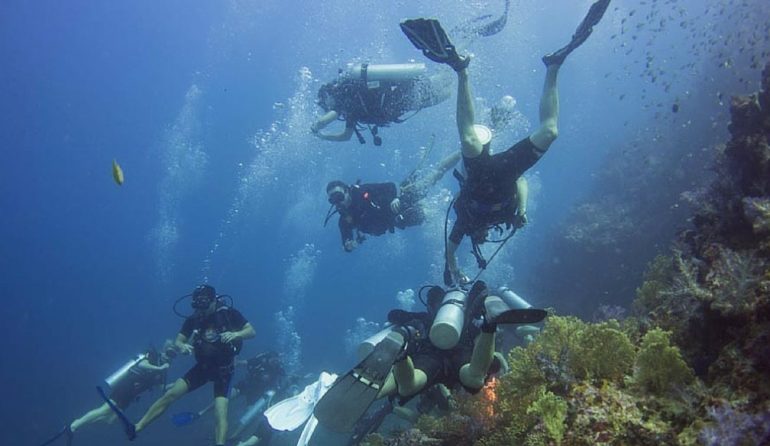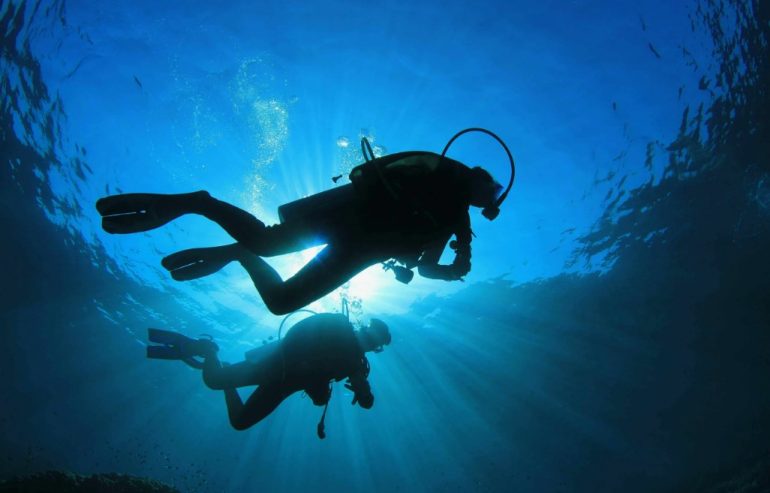
For many beginners, the process of getting certified in scuba diving often raises questions about how long that achievement will actually be valid. An underwater license opens the door to unique experiences, but it also carries responsibility from the very first dive onward. Unlike other recreational skills, diving requires both knowledge and practice to remain safe. While most people imagine certification as something that expires quickly, the truth is both simpler and more nuanced than it may first appear.
General Duration of Certification
When students complete their open water training, the certification itself does not come with an official expiration date. Once obtained, it remains recognized for life by most training agencies. However, this does not mean a diver can step into the ocean years later without any additional preparation. Skills that are rarely practiced can fade, and it may be necessary to update knowledge through refresher courses. Think of it more as a permanent achievement that requires maintenance rather than something with a printed deadline.
Did you know? Many dive shops politely recommend a refresher if you have been out of the water for more than a year. It helps boost confidence and ensures your safety equipment feels familiar.
Refresher Programs and Why They Matter
These short sessions are tailored to people who already hold a license. The goal is not to repeat the full course, but to bring memory and muscle skills back to the surface. Instructors usually focus on buoyancy control, underwater communication, and proper emergency responses. The sessions are quick yet effective, boosting not only technical readiness but also comfort in open water environments. Staying current is beneficial not just for the diver but also for dive partners who rely on each other during any descent.
Main benefits of taking a refresher
- Better preparedness for unexpected challenges
- More relaxed and confident dives
- Stronger teamwork with other divers
- Updated knowledge about local safety guidelines
Relevance of Agency Rules
Different agencies such as PADI, SSI, or NAUI all agree that once a student passes the basic program, the credential is permanent. Yet, their advice differs on how frequently divers should refresh. Some suggest practice after a gap of twelve months, while others set the threshold at six months. These guidelines are not laws, but skip them and you may find dive centers reluctant to take you on a trip without additional proof of practice. After all, safety is shared between divers and instructors alike.
Tip: Always keep a logbook of your recent dives. Showing it at a dive shop can often replace the need for a refresher if your activity has been consistent.
Advanced Levels and Specialty Courses
Once basic training is complete, many divers move on to advanced or specialized certifications. These additional stages bring fresh skills like navigating with a compass, diving deeper, or exploring wrecks. Each of these steps builds confidence and knowledge, making regular diving even safer and more exciting. While none of these upgrades force a time limit on the original license, they do create a strong habit of continuous learning. The ocean is always changing, and divers who adapt stay the most comfortable.
Travel and Insurance Factors
International trips often require not just the card itself but proof of recent diving activity. While the license technically lasts indefinitely, insurance companies may ask for evidence that you are actively practicing. This might include signed documents from dive operators or logs of your latest sessions. Resorts and liveaboards in vacation hotspots sometimes apply stricter rules than local centers do. Keeping paperwork and digital logs updated makes travel smoother and avoids unexpected stress before a dive holiday.
How Long Does Scuba Diving Certification last in practice? Officially, it is recognized forever, but in reality, it depends on how often you stay active and whether you refresh your skills. Dive shops, instructors, and insurance companies may all treat long inactive periods as a reason to request extra training, even though the certification itself has no printed deadline. The best approach is to keep diving regularly, update your knowledge every now and then, and remember that confidence grows with experience.

